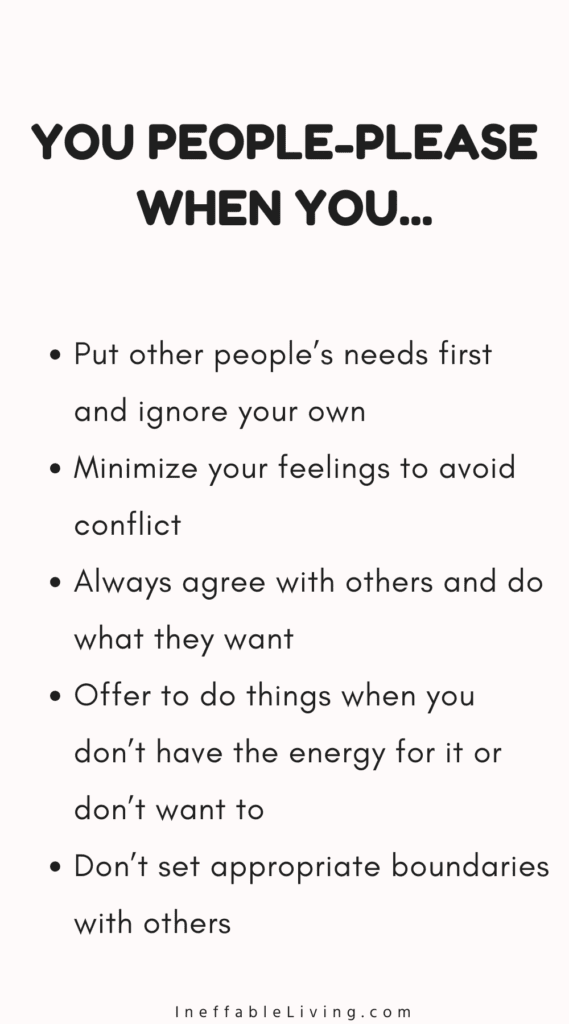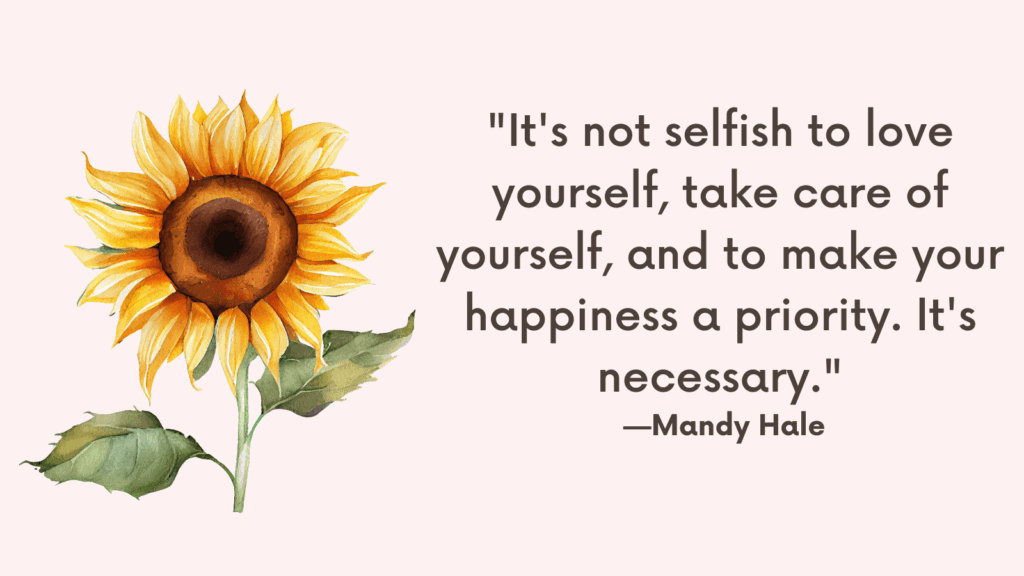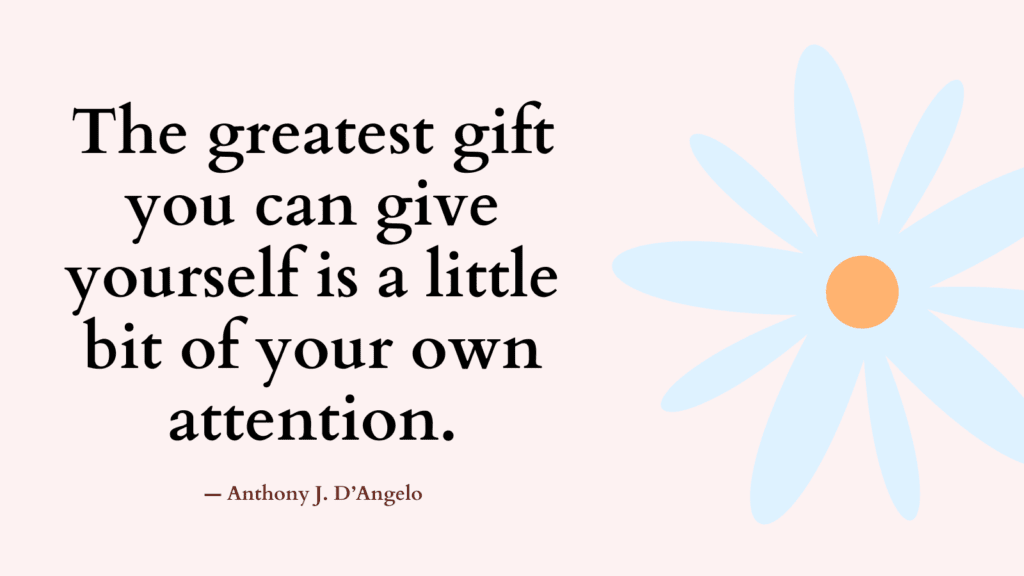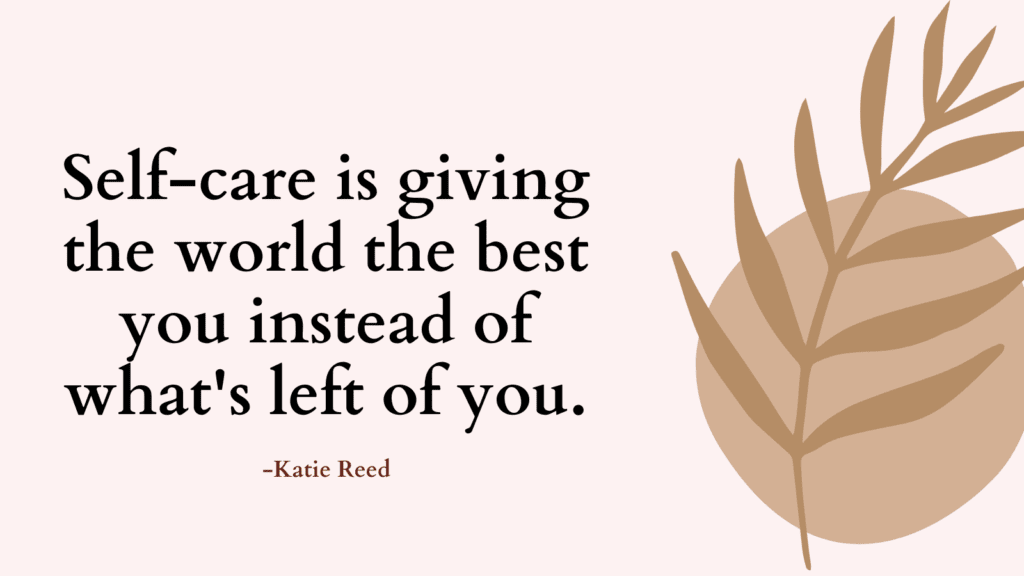This post contains “Healthy Boundaries Quiz.”
What Are Healthy Boundaries in a Relationship?
Healthy boundaries are rules and guidelines that define what treatment you will and will not tolerate.
They’re meant to protect you from being abused and to maintain a healthy relationship with others.
For example, you may feel uncomfortable with public displays of affection. A healthy boundary would be to let your partner know that you’re not okay with public displays of affection.
Healthy Boundaries Quiz
The following questions will help you find out how healthy your boundaries with others are:
Results
#1. Do you feel comfortable, most of the time, saying no when someone is asking something of you that you’re unable to give or do or that goes against your principles?
#2. Do you usually refuse to take the blame for other people’s action?
#3. Do you expect and feel deserving of respect and kindness in your communication with others?
#4. Do you have a clear sense of self that is separate from other people’s identity (clearly being able to define your feelings, needs, passions, interests, etc.)?
#5. Are you comfortable accepting help and defining what you want help with and what you want to deal with on your own?
#6. Are you usually able to ask for space and alone time assertively and directly when you need some?
#7. Are you usually able to articulate your discomfort or dissatisfaction in an assertive way?
#8. Do you find it fairly easy to be vulnerable on your terms (i.e. you don’t overshare or find it difficult to open up)?
#9. Do you usually allow vulnerability to be mutual in your relationships (i.e. you don’t share more than the other person is willing to share)?
#10. Are you comfortable changing your mind about certain opinions or choices without feeling guilty?
#11. Are you usually able to dictate where and with whom you spend your time?
#12. Are you able to define and clearly communicate your sexual boundaries (i.e. what you’re comfortable and uncomfortable talking about or doing with your partner)?
Note: This test is not meant to act as a substitute for proper assessment.
Results
The questions above represent common signs of healthy boundaries. If you answered yes to most of these questions, then your boundaries are probably healthy.
Related: Top 21 Proven Ways to Stop People Pleasing (+Free Worksheets)
People-pleasing Worksheets

Why Setting Boundaries Can Be Hard?
Setting boundaries can be hard for several reasons:
1. Fear of rejection: People may fear that others will react negatively to their boundaries and reject them or think poorly of them. This fear can make it difficult to assert limits on what they’re willing or not willing to do.
2. Guilt and people-pleasing tendencies: Many individuals have a natural inclination to please others and avoid conflict. They may feel guilty or selfish when setting boundaries, as they worry about disappointing or upsetting others.
3. Lack of assertiveness skills: Some people struggle with assertiveness and find it challenging to communicate their needs and preferences effectively. This can make it more difficult to establish and maintain boundaries.
4. Concerns about damaging relationships: People often worry that setting boundaries could harm their relationships. They may fear that asserting themselves will lead to conflict or push others away.
5. Cultural and societal expectations: Certain cultures and societies place a greater emphasis on selflessness and putting others’ needs before one’s own. In such cases, setting boundaries may be seen as selfish or unacceptable, adding further difficulty.
6. Previous experiences or trauma: Past experiences of having boundaries violated or traumatic events can make it harder for individuals to trust others or advocate for themselves. This can make setting boundaries feel uncomfortable or unsafe.
How to Set Healthy Boundaries?
1. Understand What Boundaries Are and Why They Matter
Boundaries define your limits—what’s okay and what’s not okay for you emotionally, physically, mentally, and even spiritually. They help you stay connected without losing yourself and protect you from burnout, resentment, and emotional harm.
2. Identify Your Personal Limits
Ask yourself: What drains me? What makes me feel disrespected? What behavior crosses the line for me? Getting clear on your limits gives you a foundation to communicate them confidently to others.
3. Communicate Boundaries Clearly and Directly
Vague hints or passive-aggressive comments rarely work. Use clear, calm, and respectful language: “I’m not comfortable discussing this topic,” or “I need some quiet time after work to recharge.”
4. Use “I” Statements to Avoid Blame
Saying “I need” or “I feel” focuses on your experience rather than accusing the other person. For example, “I feel overwhelmed when plans change last minute, so I need more notice” invites understanding instead of defensiveness.
5. Start Small and Build Confidence
If setting boundaries feels scary, start with small, low-risk situations—like asking a friend to text before calling—before working up to bigger or more emotionally charged limits.
6. Stay Consistent to Reinforce Your Boundary
Boundaries lose power if they’re only sometimes enforced. Consistency teaches others you mean what you say and helps you build trust with yourself.
7. Prepare for Pushback or Discomfort
Not everyone will like your boundaries—especially if they benefited from you having none. Expect some resistance and remind yourself: you have the right to protect your peace, even if it makes others uncomfortable.
8. Avoid Over-Explaining or Apologizing for Your Needs
You don’t need to justify or defend your boundaries excessively. A simple, clear statement is often enough. Remember: setting boundaries is a normal and healthy part of relationships.
9. Focus on What You Can Control (Yourself)
You can’t control how others react, but you can control your actions. Boundaries are about your behavior: “If you continue yelling, I will leave the room,” not “You have to stop yelling.”
10. Practice Self-Compassion and Celebrate Progress
Setting boundaries can bring up guilt, fear, or self-doubt—especially if you’re not used to it. Be gentle with yourself and celebrate each time you honor your needs, no matter how small the step.
Conclusion
Boundaries differentiate one person from another.
They define what you are and are not responsible for and make it clear that you’re an autonomous person and not an extension of someone else.
When our boundaries are blurred or nonexistent, relationships become enmeshed.
In enmeshed relationships, everyone is expected to think, feel, and behave the same. You live based on what other people think is right for you instead of deciding for yourself.
References
- How to Set Healthy Boundaries: 10 Examples + PDF Worksheets (positivepsychology.com)
- relationships_personal_boundaries.pdf (berkeley.edu)
- Boundaries: What are they and how to create them | Wellness Center | University of Illinois Chicago (uic.edu)
- Personal Boundaries: Types and How to Set Them | Psych Central







